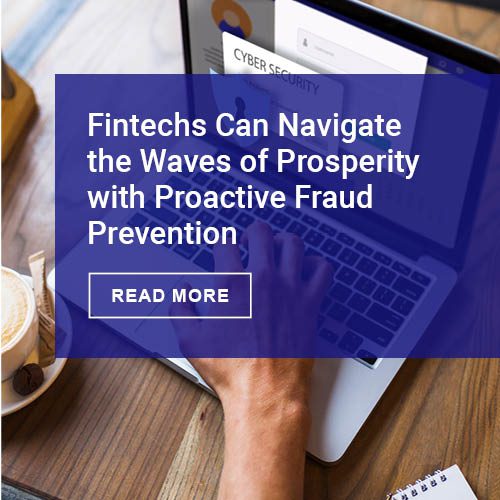This article utilizes a £700,000 Barclay case to prove its point but reading the terms and conditions for Zelle and Venmo would be an easier proof point.
Zelle for example states “Neither Zelle nor the Network Financial Institutions shall have any liability to you for any transfers of money, including without limitation, (i) any failure, through no fault of Zelle or the Network Financial Institutions, to complete a transaction in the correct amount, or (ii) any related losses or damages. We recommend that you send money only to friends, family and others that you know and trust.” This article describes how a user should protect themselves in executing a push payment:
“Given this, it is perhaps worthwhile reminding people of the basic precautions you need to take.
1. If your bank picks up what it thinks might be a fraudulent transaction on your credit card or bank account, it will usually block the transaction and contact you to verify the transaction before allowing it to go ahead. This will usually be by Text and/or Email but may also be by telephone. If the bank thinks that your password or PIN has been compromised, they will probably tell you to change your password or PIN but they will NEVER ask you for your PIN or Password. If someone ask you for your PIN or Password irrespective of who they say they are DO NOT GIVE IT TO THEM, hang up.
2. If you are ever contacted by someone claiming to be your bank, the police or a fraud department make a note of what they say and tell them that you need to verify who they are. A real bank will raise no objection to this, a fraudster may. Either way telephone your bank’s fraud department, the telephone number is on you Bank card, DO NOT use the phone that you were originally contacted on, the fraudster may keep the line open and your call to the fraud department will in fact be a call back to the fraudster. Use a different phone, if need be ask your neighbour if you can borrow their phone.
3. If you ever receive an unexpected Bill or demand for payment, particularly if you receive it by email or via a call to your mobile phone assume that it is fraudulent until you are sure it is not. Consider telephoning the organisation that sent you the bill, do not use the telephone number shown on the bill, if it is a fraudster that will be his number. With email check the email address of the sender, for example HMRC would not email you from a Hotmail account, nor would they email you from an email account based in Russia.
4. Equally if you receive an email notice of some wonderful bonus, two common examples are the fact that you are due a refund from HMRC, or that a long lost relative has died in Singapore and that you are due to receive an inheritance of half a million dollars (these scams are commonly denominated in US$ rather than £) then it is probably too good to be true. HMRC will not contact you by email or via a recorded phone message. These scams can often look very realistic, we have seen examples of the inheritance scam which have apparently come from Herrington Carmichael, but a little bit of research has shown that the phone numbers given or the originating email address are not ours.
5. If you are ever offered an investment opportunity that sounds awfully good then the chances are that something is wrong with it. Do some research, look on the internet to see if you can find out anything about the proposed investment, if it is genuine it is likely that there will be a number of analysis reports, consider speaking to a financial adviser unconnected with the person trying to sell you this investment or contact the Financial Conduct Authority. Bear in mind that if the seller tries to tell you that the idea is secret or not available other than to specially selected individuals such as yourself the chances are that it is a fraud.
6. Beware that quite often the scammer may already have personal information about you, sometimes this can include such things are bank account details, birthdays etc, sadly this information is not as private as you think, often making it easier to claim that he or she is from your bank or the police.
One thing that stands out about almost all the scams is that the fraudsters will usually prey on one or other of two fairly basic human instincts, fear and greed. Before you pay anyone or give out any important information. STOP AND THINK. Is there any chance that this could be a fraud?”
Overview by Tim Sloane, VP, Payments Innovation at Mercator Advisory Group











